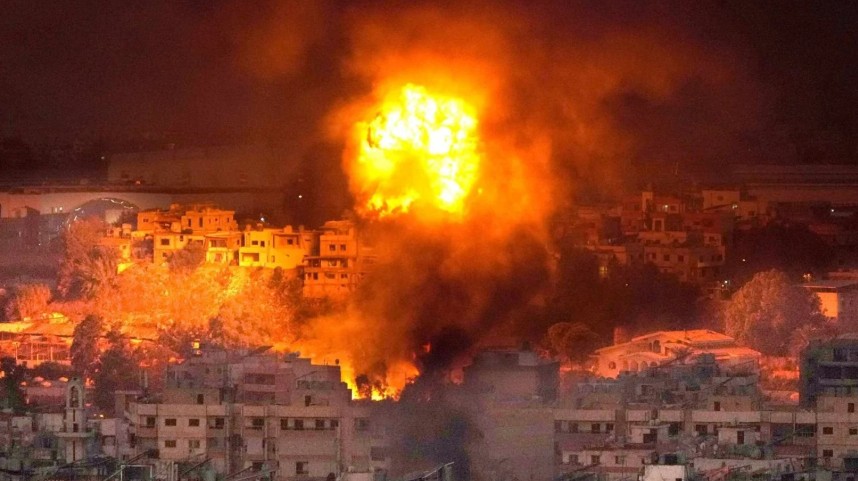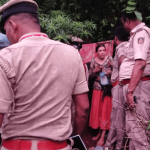A new ceasefire in southern Syria appears to be holding—at least for now—following a week of heavy clashes, Israeli airstrikes, and a sharp warning from Syria’s interim leader to protect the nation’s Druze minority.
The fragile truce comes after intense violence in the Sweida province, a predominantly Druze region, where hundreds have reportedly died. Government troops have now largely pulled back from key conflict zones, paving the way for local Druze factions and clerics to oversee security.
It’s a tense calm, but a calm nonetheless. In a firm televised statement, Syria’s interim president Ahmed al Sharaa addressed the Druze directly: “We reject any attempt to drag you into hands of an external party.”
He went further, pledging that the safety of the Druze people is not negotiable. “We are not among those who fear the war,” he said.
“We have spent our lives facing challenges and defending our people, but we have put the interests of the Syrians before chaos and destruction.”
Sharaa’s address came just hours after Israeli warplanes targeted strategic locations in Damascus, including the defence ministry and a site close to the presidential palace. The airstrikes were in response to perceived threats near Israel’s border.
Israeli Prime Minister Benjamin Netanyahu reiterated a hard stance: “We will act resolutely against any terrorist threat on our borders.”
While tensions run high, the religious and cultural identity of the Druze population has once again been thrown into the spotlight. Followers of an esoteric offshoot of Islam, the Druze number around one million across Syria, Lebanon, and Israel.
Historically neutral in most regional conflicts, they now find themselves caught in a deadly crossfire.
Israel has accused the Syrian government of harbouring jihadist elements, even as Damascus seeks closer ties with Western nations like the UK and US. The situation remains murky, and alliances—both internal and external—continue to shift.
The UK-based Syrian Observatory for Human Rights reported over 300 casualties by Wednesday. At the same time, some 1,000 Druze reportedly crossed a border fence from Israel into Syria, aiming to support their besieged communities.
Israeli officials have condemned this move. Military Chief of Staff Eyal Zamir warned: “We will not allow southern Syria to become a terror stronghold.”
In a diplomatic twist, US Secretary of State Marco Rubio claimed that American mediation helped broker the ceasefire: “We have engaged all the parties involved in the clashes in Syria.
We have agreed on specific steps that will bring this troubling and horrifying situation to an end tonight.”
Reuters sources on the ground described the atmosphere on Thursday morning as noticeably calmer. Government forces have stepped back, and a cautious hope lingers among civilians.
Still, the underlying tensions remain unresolved. Questions hang over whether this ceasefire is truly the beginning of peace or simply a pause in a larger geopolitical power struggle.
With the Druze religion now thrust into the centre of an international crisis, the world watches closely to see whether protection will turn into stability, or simply more promises unmet.






